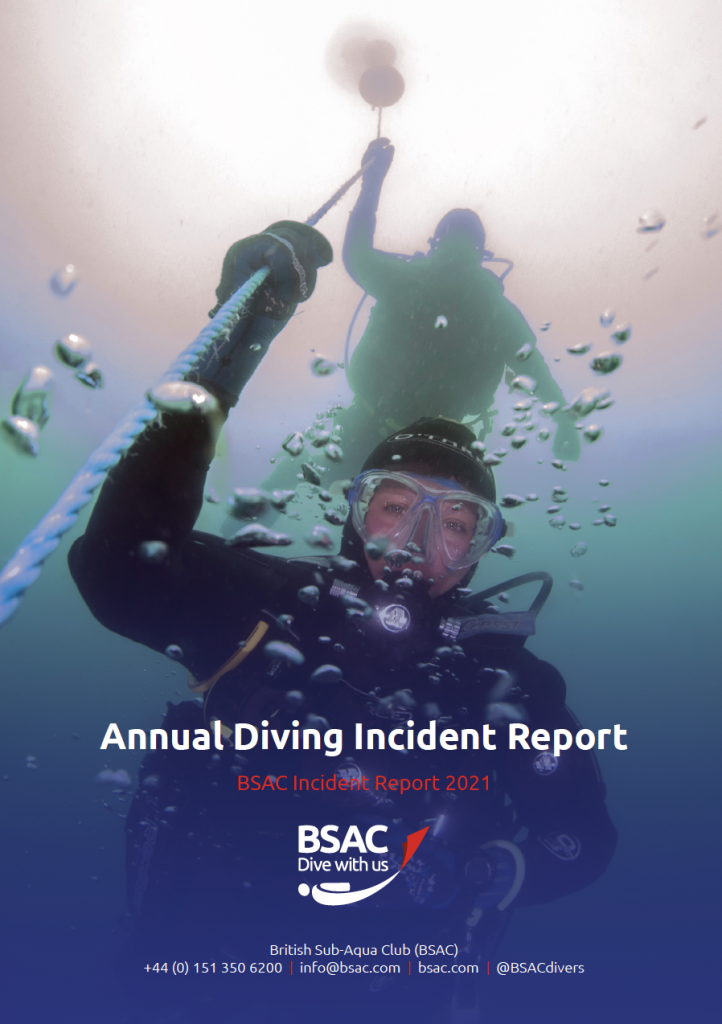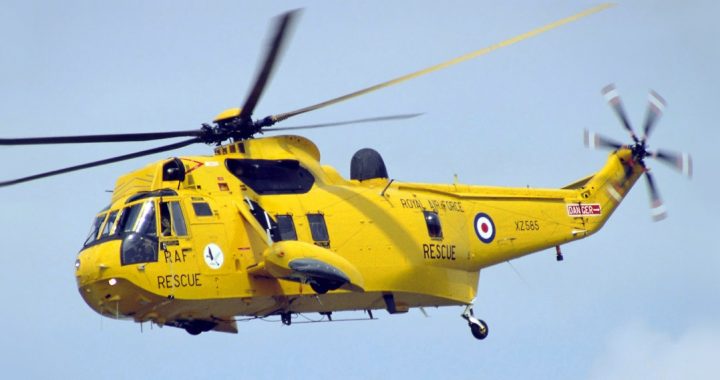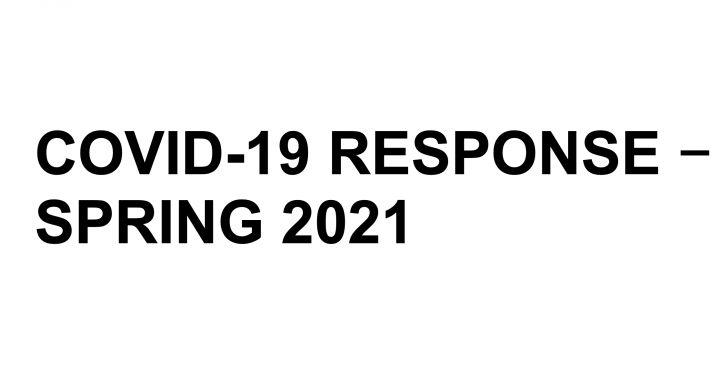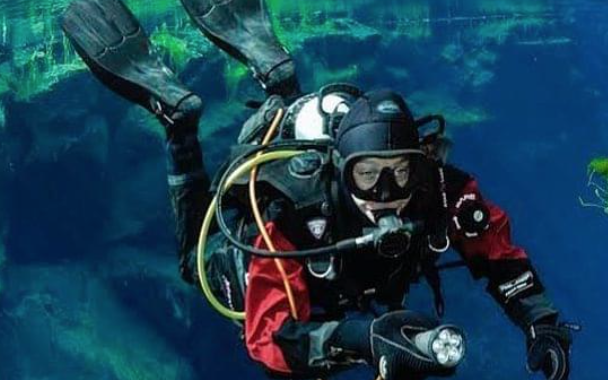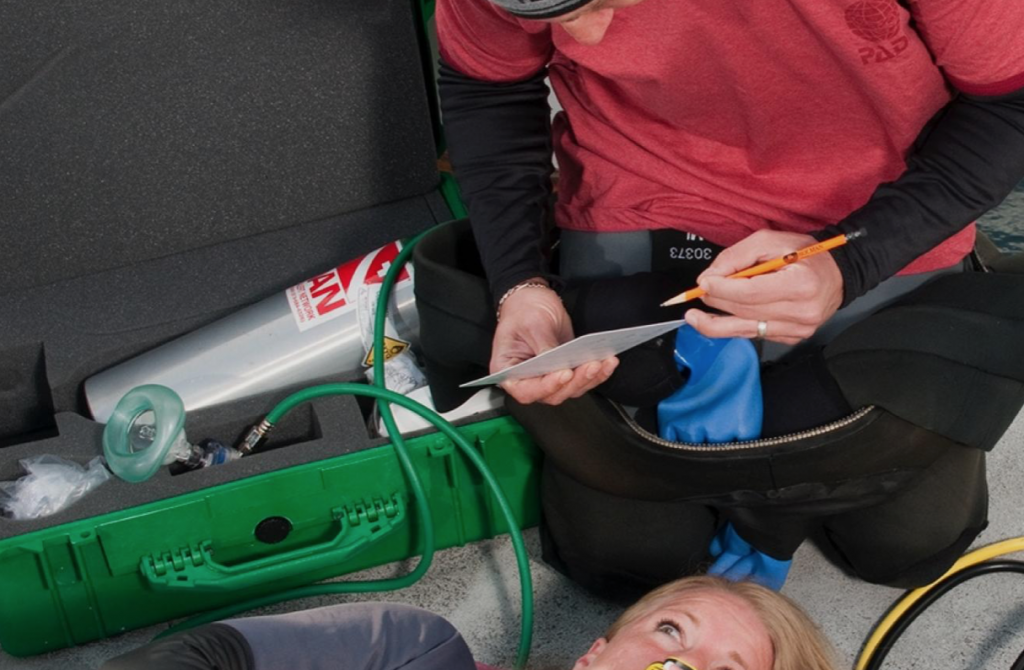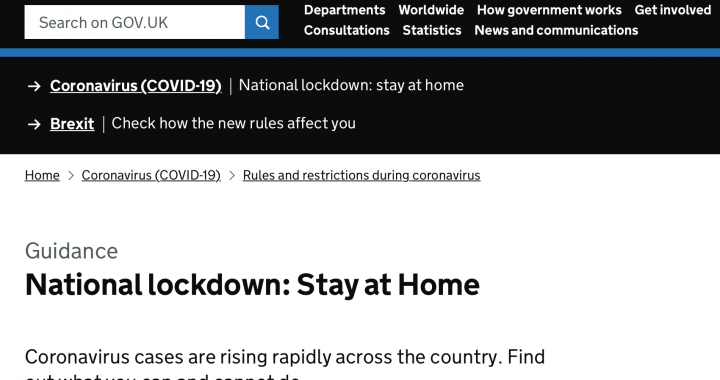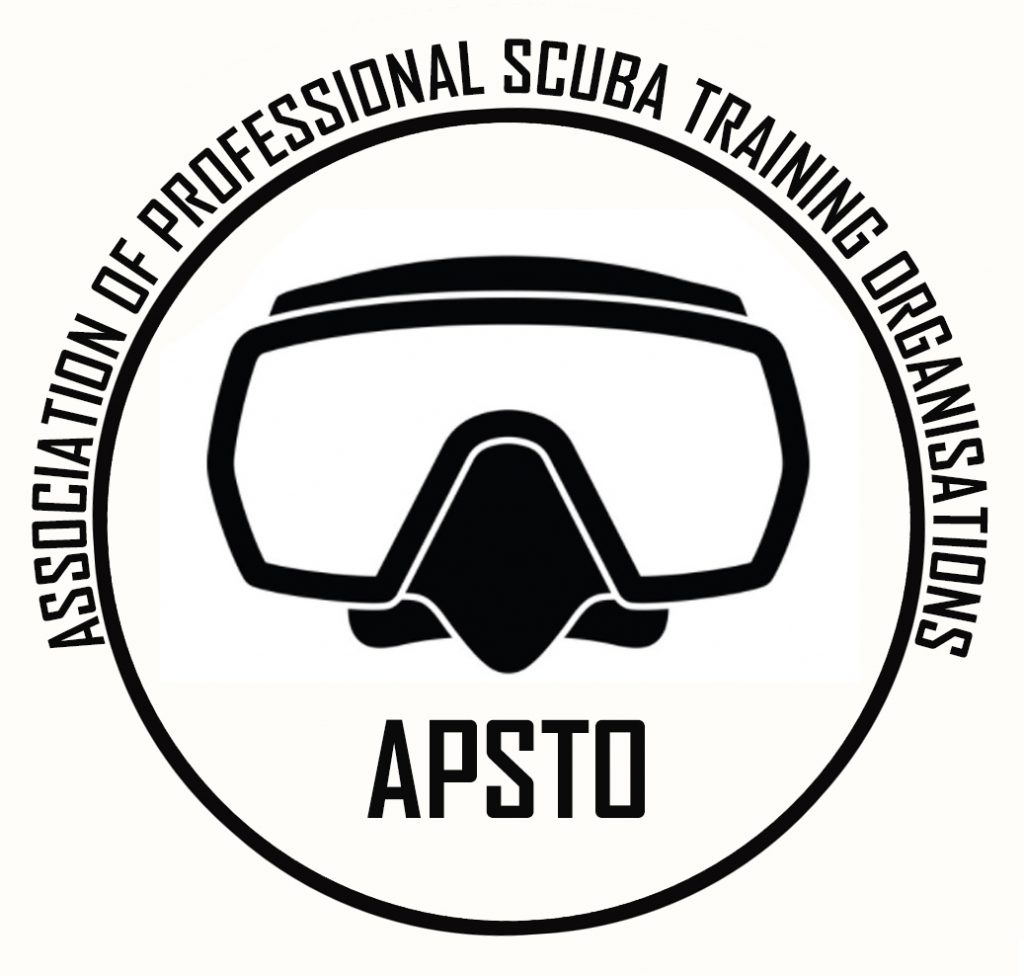11 December 2020
APSTO Advisory: Interpretation of the latest government restrictions for England
This advisory includes amended advice from the advisory dated 27 November 2020 concerning the use of swimming pools in Tier 3 regions .
APSTO supports a return to diving and to assist diving businesses with interpreting the rules to achieve safe diving education. Our interpretation of the current guidelines is as follows:
Diving instructors are at work and therefore able to travel. Diving students may find themselves limited by the location and home tier level. Travel from a tier 3 to tier 2 area for diving education is riskier than from a tier 2 to tier 2. It is hard to classify diving education as essential. APSTO recognises that travel by students from tier 3 to tier 2 should be avoided.
Travel by instructors from tier 2 to tier 3 should be avoided. Note that training and diving inside a tier 3 is also acceptable.
All briefings and education should be socially distanced at 2m. Any surface work prior to water entry wearing scuba requiring closer proximity than 2m should be controlled by wearing face masks at all times.
The use of swimming pools for teaching scuba is acceptable in tiers 1 and 2 (although subject to any additional measures individual leisure centres or swimming pools choose to implement). Government guidance currently includes a statement that group activities cannot be conducted indoors in tier 3 areas (with some exemptions). Whilst this is in place, we advise that teaching recreational diving classes in swimming pools in tier 3 areas should suspended. Professional level training, which is classified differently, may proceed at this time.
Diving instructors should refer to the guidance given by their training organisation for specific COVID-19 teaching practises, with risk assessment undertaken to ensure control of the training process. Please refer to your training organisation for further details if required.
